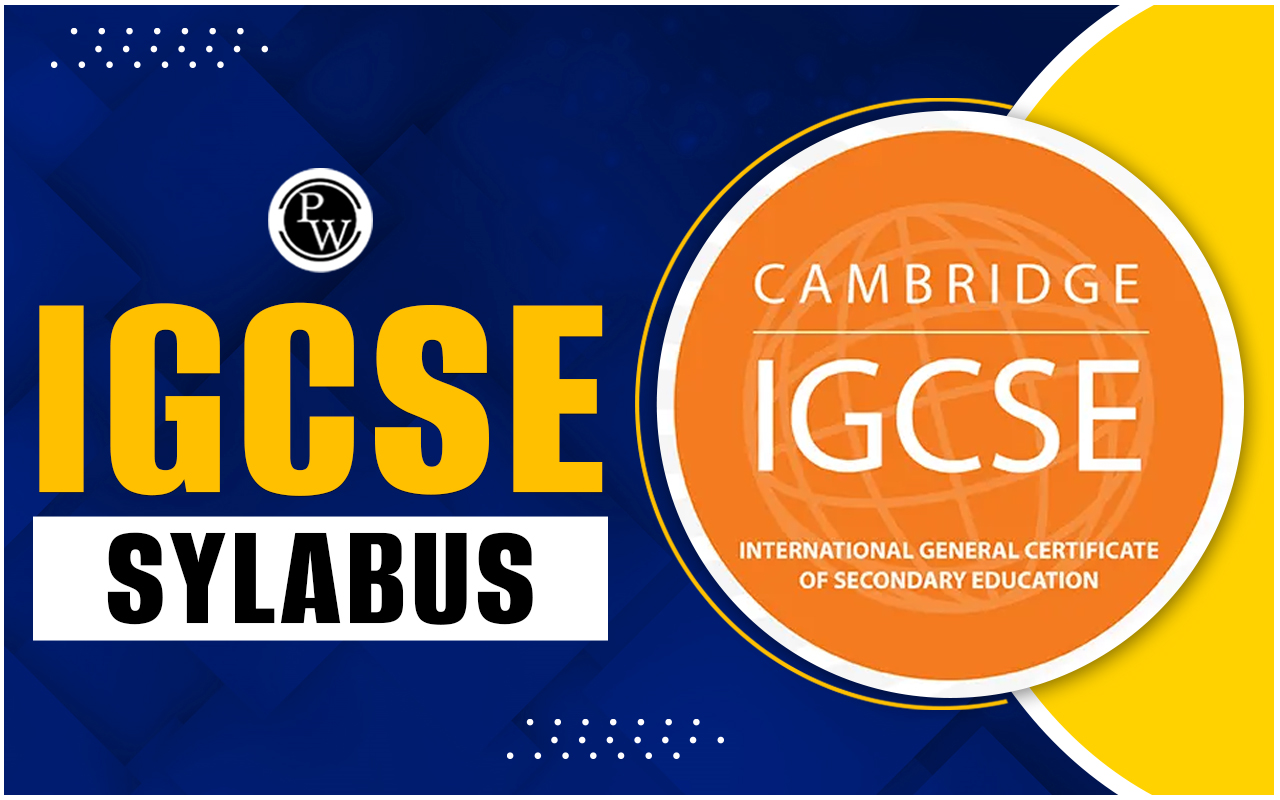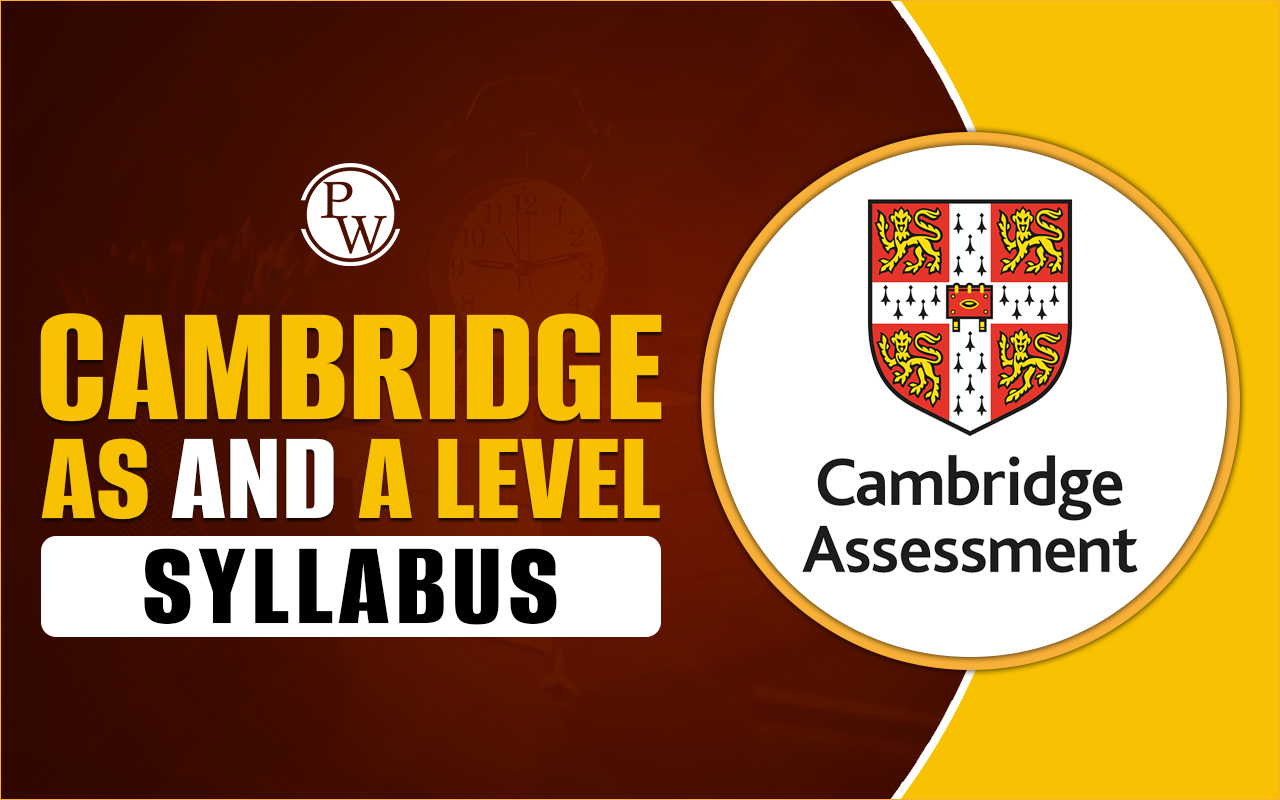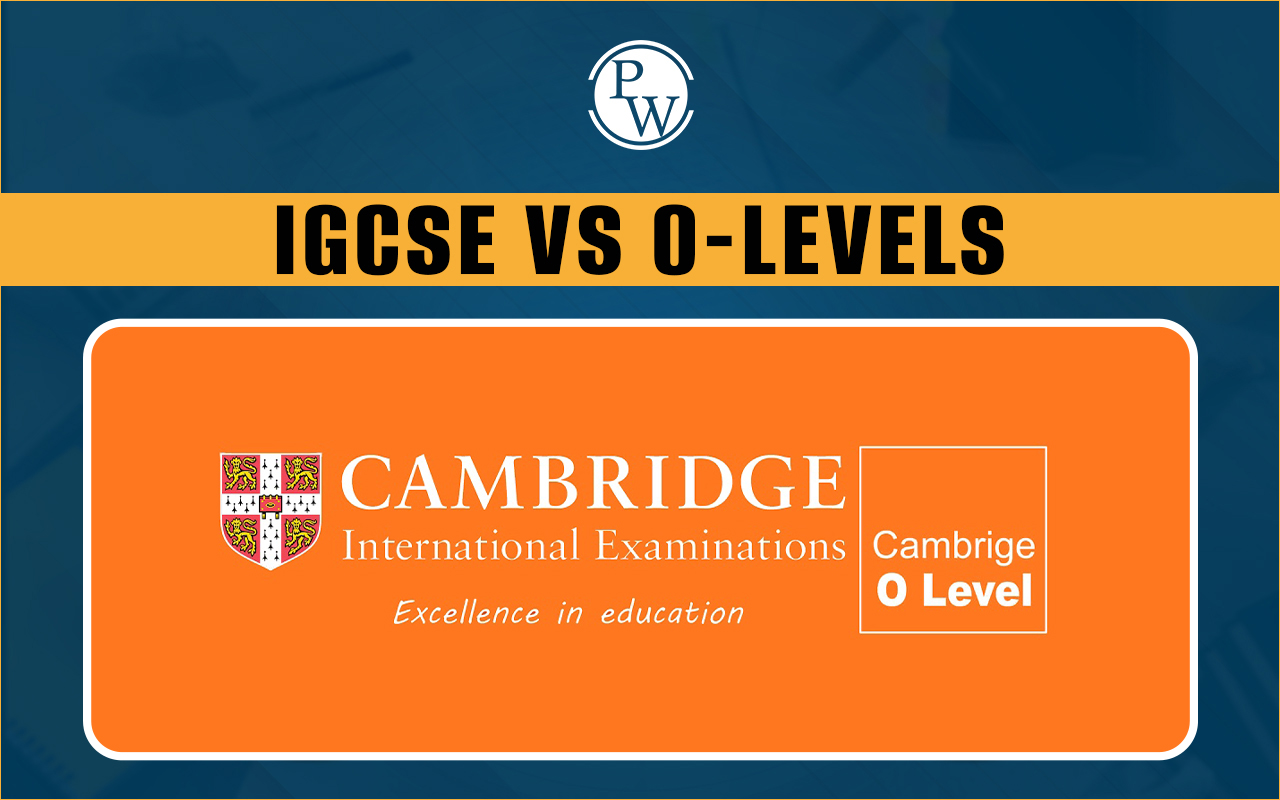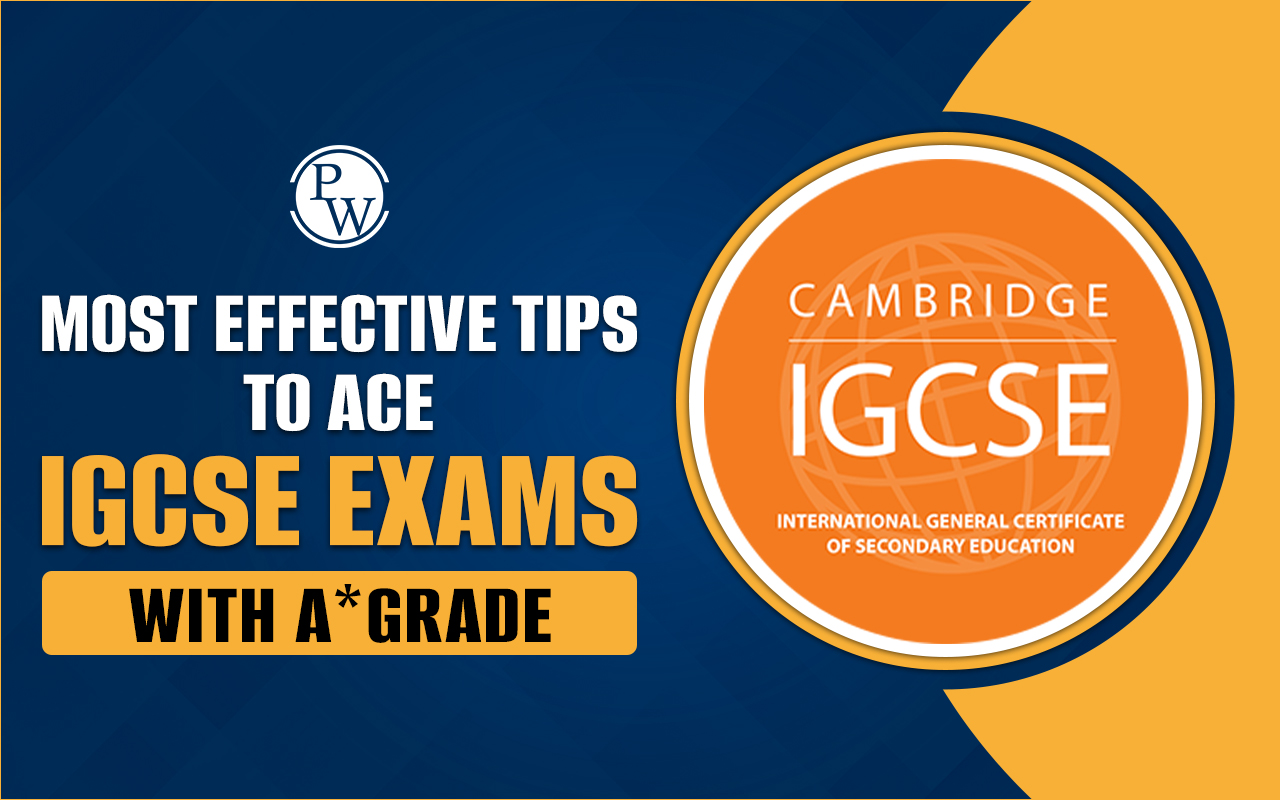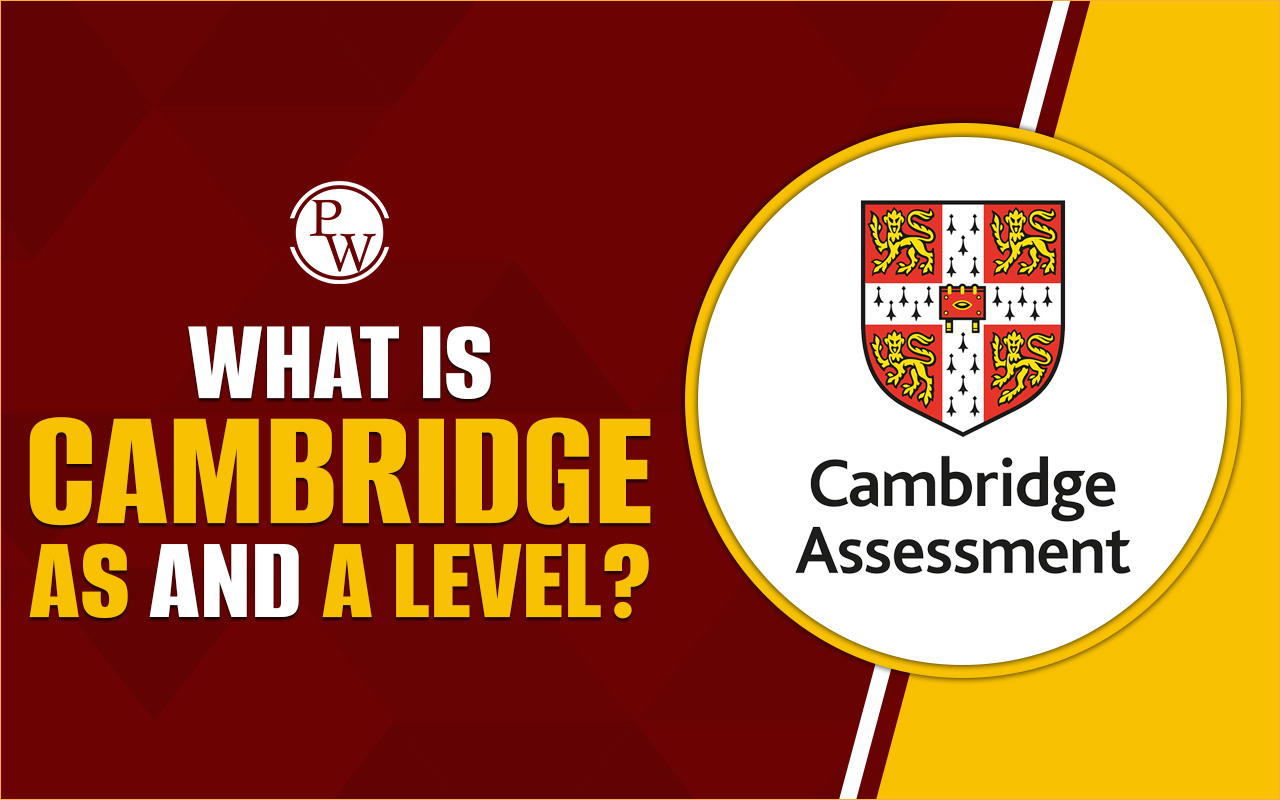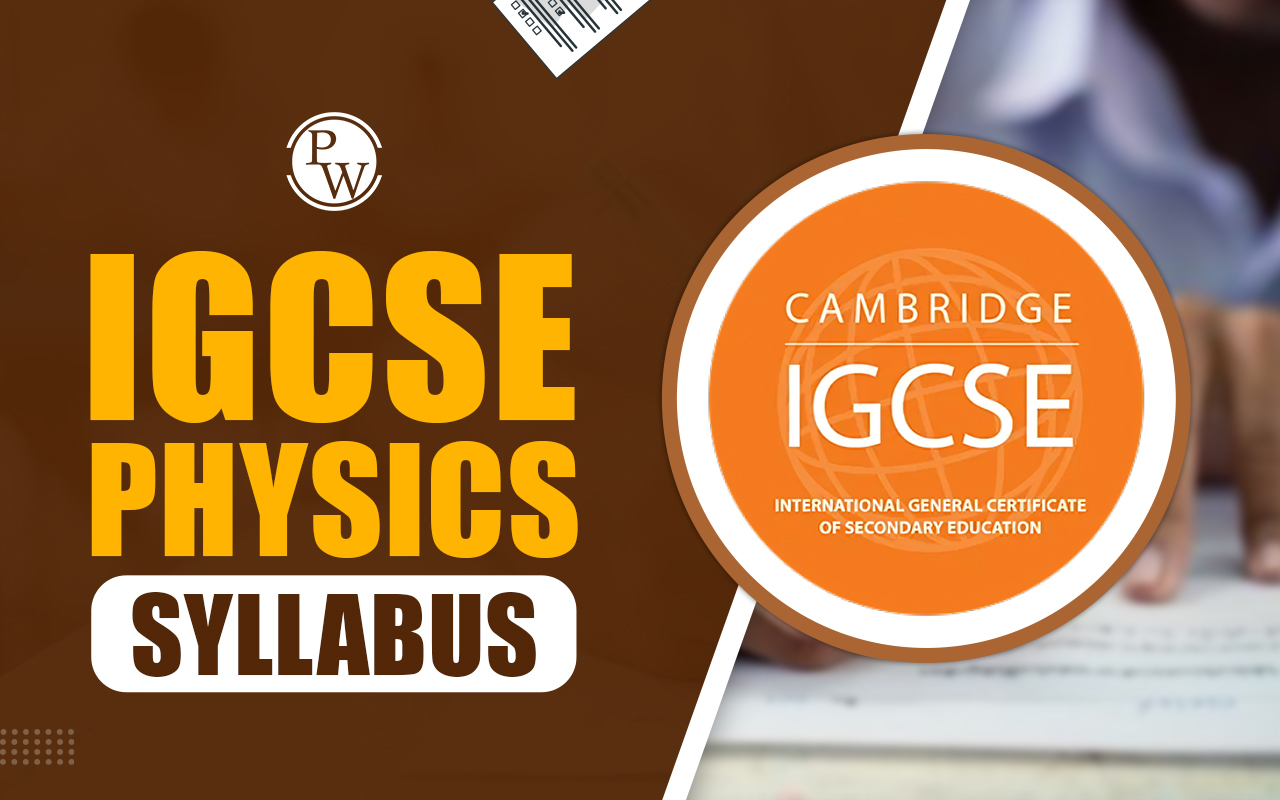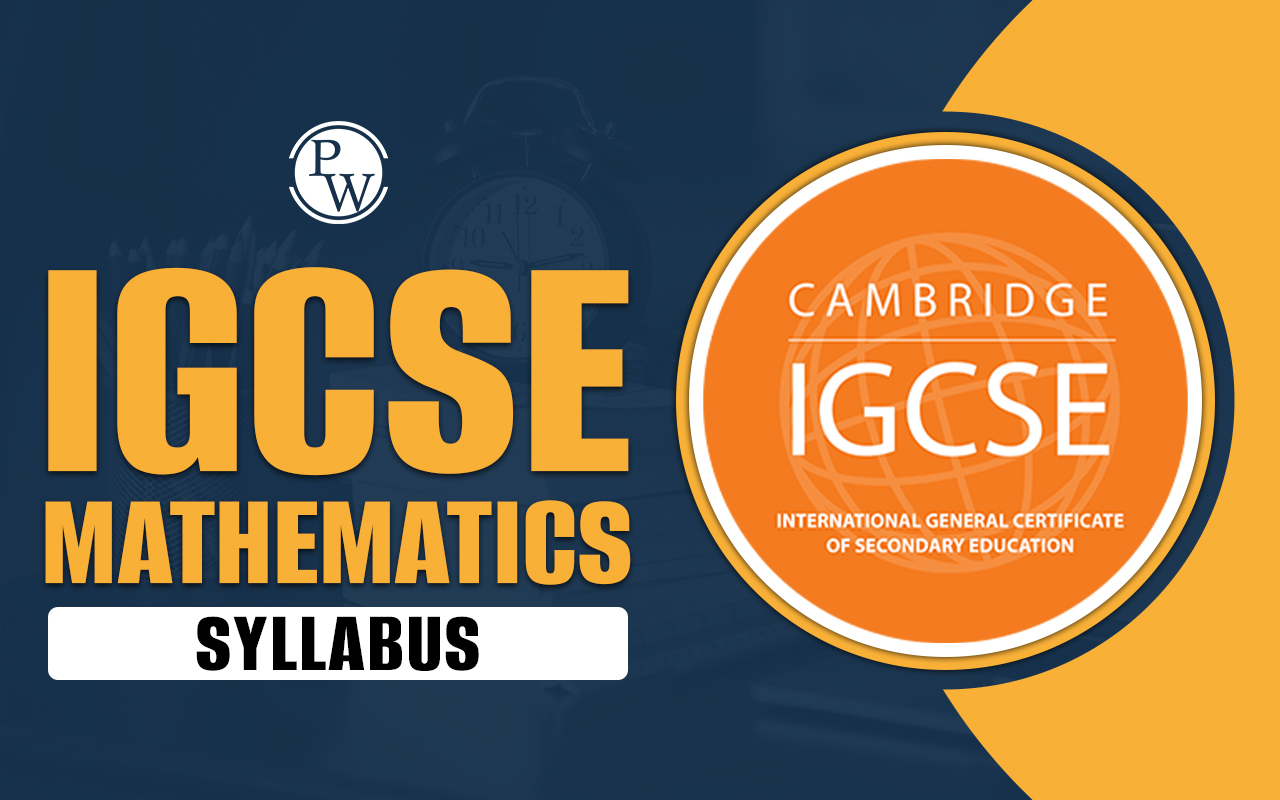
Cambridge IGCSE vs Cambridge O Levels : The Cambridge International General Certificate of Secondary Education (IGCSE) and the Cambridge Ordinary Level (O Level) are both internationally recognized qualifications offered by Cambridge Assessment International Education. Designed for students typically aged 14 to 16, these programs serve as important benchmarks in secondary education, providing learners with a solid foundation for further academic pursuits.
While both qualifications are equivalent in terms of academic standing, they differ in curriculum structure, assessment methods, and regional applicability. Understanding these distinctions is essential for educators, students, and parents to make informed decisions that align with individual educational goals and regional requirements.Cambridge IGCSE vs Cambridge O Levels: Key Differences
Explore the distinct features of Cambridge IGCSE and O Levels, including curriculum structure, assessment methods, grading systems, and suitability for varying academic and career goals.|
Cambridge IGCSE vs. Cambridge O Levels: Key Differences |
||
| Aspect |
Cambridge IGCSE |
Cambridge O Levels |
| Age Group | Typically designed for students aged 14 to 16 years. | Also intended for students aged 14 to 16 years. |
| Curriculum Focus | Offers a flexible curriculum with over 70 subjects, including more than 30 languages, allowing schools to tailor courses to students' needs. | Provides a selection of over 40 subjects, some tailored to meet specific local needs, such as minority languages. |
| Assessment Methods | Utilizes a variety of assessment techniques, including written, oral, and practical exams, with a significant emphasis on coursework in many subjects. | Primarily focuses on written examinations, offering fewer coursework options compared to IGCSE. |
| Grading System | Grades range from A* (highest) to G (lowest), accommodating a wide ability range. | Grades are awarded from A* to E, with A* being the highest achievable grade. |
| Language Emphasis | Emphasizes a balanced development of reading, writing, listening, and speaking skills in language subjects. | Focuses more on reading and writing skills in language subjects, with less emphasis on listening and speaking components. |
| Practical Assessments | Offers a variety of practical test options in science subjects, including coursework and practical exams. | Provides more restricted practical test options in sciences, which can be advantageous for schools with limited resources. |
| Recognition and Progression | Widely recognized by universities and employers worldwide; prepares students for progression to employment or further study, including Cambridge International AS & A Levels. |
Also recognized globally, with a focus on preparing students for further education, such as Cambridge Advanced qualifications. |
Cambridge IGCSE Vs Cambridge O Levels: Similarities
Understand the common aspects shared by Cambridge IGCSE and O Levels, such as global recognition, foundational academic focus, and preparation for advanced studies and employment opportunities worldwide.|
Cambridge IGCSE Vs Cambridge O Levels: Similarities |
|
| Aspect | Description |
| Educational Level | Both qualifications are designed for students typically aged 14 to 16 years, serving as a foundation for further academic pursuits. |
| International Recognition | Both are globally recognized by universities and employers, facilitating progression to higher education and employment opportunities. |
| Subject Content | Both curricula aim to develop learners' knowledge, understanding, and skills in subject content, applying knowledge to familiar and new situations, and fostering intellectual inquiry. |
| Assessment Structure | Both qualifications assess students through written examinations, with some subjects offering practical assessments. |
| Progression Pathways | Both prepare students for progression to employment or further study, including Cambridge International AS & A Levels. |
What Are Cambridge Grade Thresholds
Cambridge IGCSE Vs Cambridge O Levels: Which one is Better?
Let’s have a discussion from an Indian student’s perspective:Why Cambridge IGCSE Is Better for Indian Students?
- Global Recognition and Flexibility : Cambridge IGCSE is widely recognized by universities globally, including top institutions in India and abroad. Its flexibility allows students to choose from a broad range of subjects, making it a better fit for Indian students aiming for international education or careers.
- Language Options : With a balanced focus on reading, writing, listening, and speaking skills in language subjects, IGCSE equips students with a well-rounded language proficiency, beneficial for competitive exams and international studies.
- Progression to Advanced Levels : IGCSE is an excellent foundation for Cambridge AS & A Levels , the International Baccalaureate (IB), or other advanced qualifications that Indian students often pursue after Grade 10.
When O Levels Might Be Considered Better?
- Cost-Effectiveness : O Levels are typically more cost-effective than IGCSE, which may appeal to Indian students in regions where financial constraints are a concern.
- Traditional Exam Format : For students who are accustomed to the exam-focused approach of Indian boards like CBSE or ICSE, O Levels may feel more familiar due to their primary reliance on written exams.
- Resource-Limited Schools : O Levels have fewer practical assessment requirements, making them a better option for Indian schools with limited laboratory or teaching resources.
- Local Adaptation : Some O Level syllabuses are designed for specific local needs (e.g., regional languages), which might cater to niche requirements for Indian students in certain regions.
| International Boards Other Related Topics | |
| IGCSE Chemistry Syllabus | IGCSE Biology Syllabus |
| How to Choose the Cambridge IGCSE Subjects | Difference Between IGCSE VS ICSE |
Cambridge IGCSE vs Cambridge O Levels FAQs
What is the main difference between Cambridge IGCSE and O Levels?
Which is better for Indian students: IGCSE or O Levels?
Are both qualifications globally recognized?
Do IGCSE and O Levels prepare students for higher education?
Are practical tests available in both qualifications?


